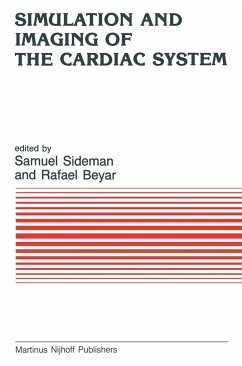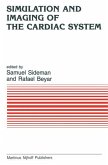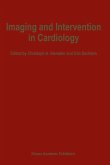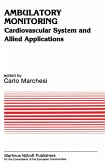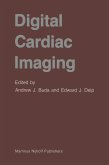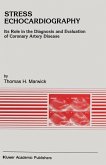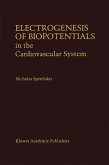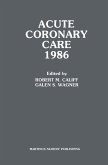The ultrasound velocity tomography allows measurement of cardiac geometries for various phases in the cardiac cycle. The present tomograph makes reconstruc tions at intervals of 20 ms. Because of a lack of clear (intramural) landmarks (except the roots of the papillairy muscle), it is difficult to pinpoint spatial trajectories of particular points in the heart. Therefore, a second method was developed of injecting radiopaque markers in the heart and following their motion patterns during the cardiac cycle with help of a biplane X-ray equipment. The data obtained with both methods can be implemented in our finite element model of the heart to compute intramural stresses and strains. The results obtained sofar with the extended Darcy equation to account for the interaction of blood rheology and tissue mechanics look promising. Further testing with more sophisticated subjects than mentioned in Figure 9 is required before it will be implemented in our finite element model of the heart. We conclude that analysis of regional cardiac function, including regional myocardial blood flow, requires still a major research effort but the results obtained sofar justify, to our opinion, a continuation in this direction. Acknowledgement The authors acknowledge Dr. C. Borst and coworkers for doing the animal experiments and prof. Van Campen and dr. Grootenboer for their participation is some aspects of this work.
Hinweis: Dieser Artikel kann nur an eine deutsche Lieferadresse ausgeliefert werden.
Hinweis: Dieser Artikel kann nur an eine deutsche Lieferadresse ausgeliefert werden.

